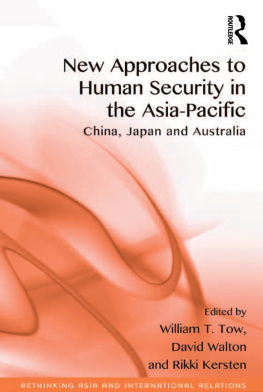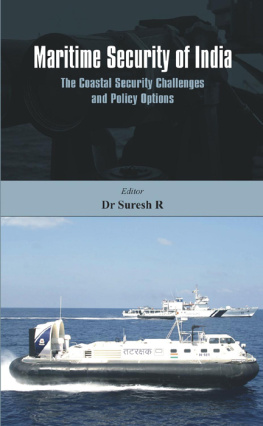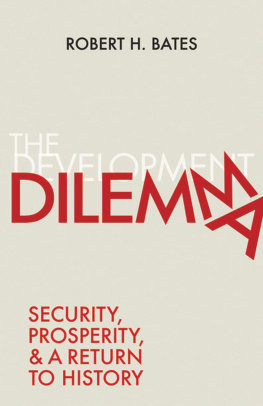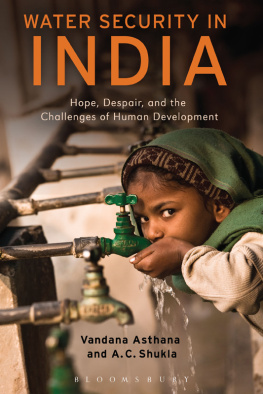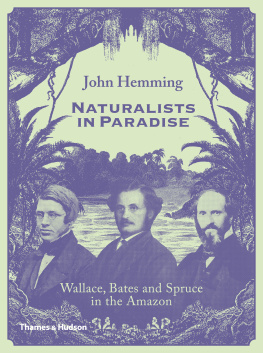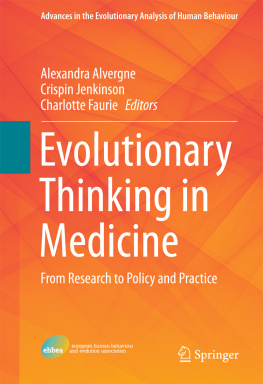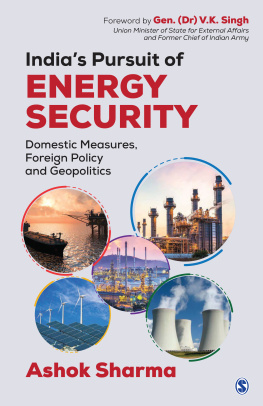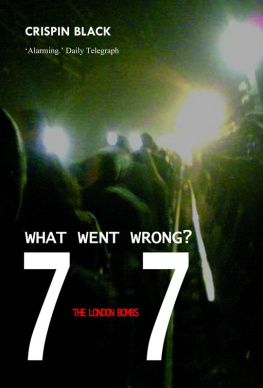Human and International Security in India
With its common colonial experience, an overarching cultural unity despite apparent diversities, and issues of nation-building cutting across national frontiers, South Asia offers a critical site on which to develop a discourse on regional security that centres on the notion of human security. This book analyses the progress that has been achieved since independence in multiple intersecting areas of human security development in India, the largest nation in South Asia, as well as considering the paradigms that might be brought to bear in future consideration and pursuance of these objectives.
Providing original insights, the book analyses the idea of security based on specific human concerns cutting across state frontiers, such as socio-economic development, human rights, gender equity, environmental degradation, terrorism, democracy, and governance. It also discusses the realisation that human security and international security are inextricably interlinked. The book gives an overview of Indian foreign policy, with particular focus on Indias relationship with China. It also looks at public health care in India, and issues of microfinance and gender. Democracy and violence in the country is discussed in-depth, as well as Muslim identity and community.
Human and International Security in India will be of particular interest to researchers of contemporary South Asian History, South Asian Politics, Sociology and Development Studies.
Crispin Bates is a Professor of Modern and Contemporary South Asian History in the School of History, Classics and Archaeology at the University of Edinburgh.
Akio Tanabe is a Professor in South Asian Area Studies and Anthropology in the Graduate School of Asian and African Area Studies and Director of the Centre for the Study of Contemporary India at Kyoto University.
Minoru Mio is an Associate Professor at the National Museum of Ethnology, Osaka, Japan (NME), and the Director of the Centre for Contemporary Indian Area Studies at NME.
Routledge New Horizons in South Asian Studies
Series Editors: Crispin Bates, Edinburgh University;
Akio Tanabe, Kyoto University;
Minoru Mio, National Museum of Ethnology, Japan
Democratic Transformation and the Vernacular Public Arena in India
Edited by Taberez Ahmed Neyazi, Akio Tanabe and Shinya Ishizaka
Cities in South Asia
Edited by Crispin Bates and Minoru Mio
Human and International Security in India
Edited by Crispin Bates, Akio Tanabe and Minoru Mio
First published 2016
by Routledge
2 Park Square, Milton Park, Abingdon, Oxon OX14 4RN
and by Routledge
711 Third Avenue, New York, NY 10017
Routledge is an imprint of the Taylor & Francis Group, an informa business
2016 selection and editorial material, Crispin Bates, Akio Tanabe and Minoru Mio; individual chapters, the contributors
The right of Crispin Bates, Akio Tanabe and Minoru Mio to be identified as authors of the editorial material, and of the individual authors as authors of their contributions, has been asserted by them in accordance with sections 77 and 78 of the Copyright, Designs and Patents Act 1988.
All rights reserved. No part of this book may be reprinted or reproduced or utilised in any form or by any electronic, mechanical, or other means, now known or hereafter invented, including photocopying and recording, or in any information storage or retrieval system, without permission in writing from the publishers.
Trademark notice: Product or corporate names may be trademarks or registered trademarks, and are used only for identification and explanation without intent to infringe.
British Library Cataloguing in Publication Data
A catalogue record for this book is available from the British Library
Library of Congress Cataloging-in-Publication Data
Human and international security in India / edited by Crispin Bates,
Akio Tanabe, and Minoru Mio.
pages cm. (Routledge new horizons in South Asia studies)
1. Human securityIndia. 2. Security, InternationalIndia.
I. Bates, Crispin, 1958
JC599.I4H569 2015
355.033054dc23
2015012723
ISBN: 978-1-138-90866-6 (hbk)
ISBN: 978-1-315-69429-0 (ebk)
Typeset in Times New Roman
by Apex CoVantage, LLC
This volume is the result of an interdisciplinary workshop on the theme of Human and International Security in India that was organised in January 2010 by the Graduate of School of African and Asian Studies at Kyoto University Japan. The editors wish to thank all those who were involved in these events and who supported this project. Special gratitude is reserved for Suranjan Das of Calcutta University, who provided expert guidance and financial support for the participants from India; for the funding provided by the INDAS project in Japan; and for support provided by the National Museum of Ethnology, Osaka. We would like to also extend our gratitude to Shinya Ishizaka, Kyouta Yamada, Takako Yoshikawa, Masako Akedo, and Ryoko Seto for their help in organising the event. Further thanks are due to the patient and indefatigable editors at Routledge, including Dorothea Schaefter and Jillian Morrison, and to Aya Ikegame for her vital role in liaising between the editors. Finally, the project could not have been accomplished without the careful copy-editing skills of Ben Thurman and Charlotte Thornton, to whom we are heavily indebted.
Subho Basu is an Associate Professor, Department of History and Classical Studies, McGill University. He co-edited with Suranjan Das Electoral Politics in South Asia (Stylus Publishing, 2001) and has widely published on labour history and contemporary Indian politics. His publications include his monograph Does Class Matter?: Colonial Capital and Workers Resistance in Bengal, 18901937 (New Delhi, New York: Oxford University Press, 2004) and (with Ali Riaz) Paradise Lost: State in Crisis in Nepal (Plymouth: Lexington Press, 2007). His research focuses are modern South Asian history, labour history, the history of contemporary social movements, nationalism, and post-colonial politics.
Crispin Bates is a Professor of Modern and Contemporary South Asian History in the School of History, Classics and Archaeology and Director of the Centre for South Asian Studies at the University of Edinburgh. His publications include Subalterns and Raj: South Asia since 1600 (London: Routledge, 2007); Beyond Representation: Constructions of Identity in Colonial and Post-colonial India (Oxford, New Delhi: Oxford University Press, 2005), and (with Subho Basu) Rethinking Indian Political Institutions (London: Anthem Press, 2005). He also edited (with Alpa Shah) Savage Attack: Tribal Insurgency in India (New Delhi: Social Science Press, 2014) and is the editor and principal contributor to Mutiny at the Margins: New Perspectives on the Indian Uprising of 1857 , vols. 16 (New Delhi: Sage, 201314).
Sunil Chacko is Professor (adjunct) at the University of Alberta, Edmonton, Simon Fraser University, Vancouver, and Indira Gandhi National University, New Delhi. He holds degrees in medicine from Kerala University, an M.P.H. in public health from Harvard University, and an M.B.A. with concentration on finance from Columbia University. He has worked as a physician in hospitals and rural health centres in India, and was previously a Harvard University faculty member and Assistant Director of Harvards International Health Research Commission, which first documented worldwide health capacity and research needs. He has worked as a senior official and advisor of both the World Bank Group and the Rockefeller Foundation.



